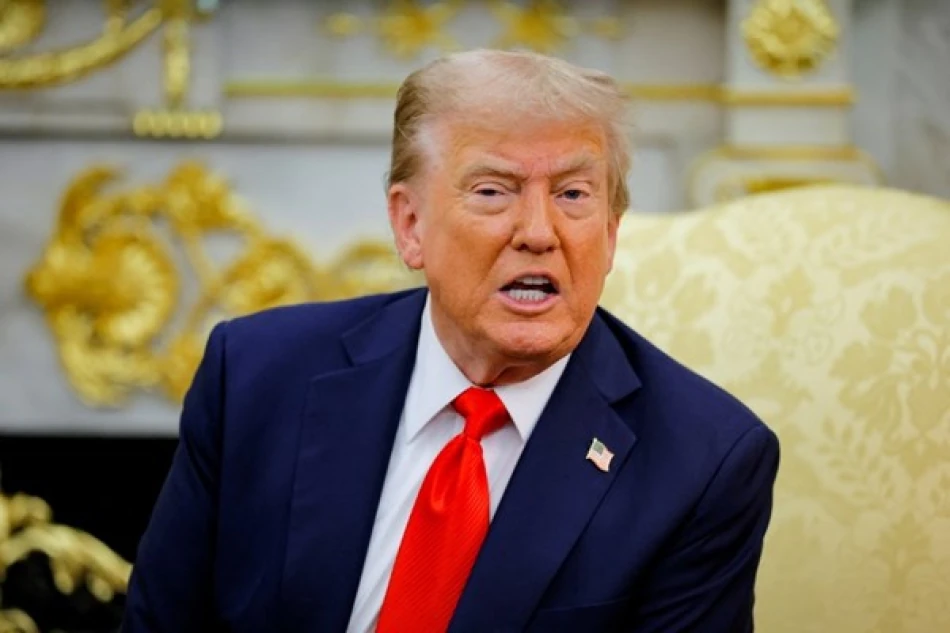
Trump Warns of Dire Consequences if US Loses Tariff Dispute
Trump Threatens to Scrap Major Trade Deals Over Supreme Court Tariff Battle
President Donald Trump has escalated his trade rhetoric by threatening to cancel critical trade agreements with the European Union, Japan, South Korea, and other partners if the Supreme Court upholds a lower court ruling that declared many of his tariffs illegal. The warning signals a potential return to the aggressive trade confrontations that defined Trump's previous presidency and could reshape global commerce relationships.
Supreme Court Challenge Looms Large
Speaking to reporters at the White House, Trump announced his administration would petition the Supreme Court to overturn last week's appellate court decision that ruled numerous tariffs unlawful. The president expressed confidence in his legal position, but his threat to abandon trade deals reveals the high stakes involved in the judicial outcome.
The appellate ruling represents a significant legal challenge to Trump's trade strategy, which has historically relied heavily on tariff threats and implementations to pressure trading partners into more favorable agreements.
Billion-Dollar Trade Relationships at Risk
Trump specifically highlighted the EU agreement, claiming it generates "close to a trillion dollars" in payments to the United States. "They're happy. It's done, these deals are all finished. I think we'll have to cancel them," he stated, suggesting that successful trade partnerships could be sacrificed over legal technicalities.
This marks the first time Trump has explicitly threatened to void agreements with major trading partners based on Supreme Court decisions, raising questions about the stability of international economic relationships under his administration.
Economic Reality vs. Political Rhetoric
Trump's assertion that eliminating tariffs would be costly contradicts established economic understanding. Trade experts consistently point out that tariffs are paid by U.S. importers, not foreign companies, meaning the costs ultimately flow to American businesses and consumers rather than generating direct revenue from overseas partners.
Economists have repeatedly warned that tariff policies typically drive inflation higher in the implementing country, as increased import costs get passed through to retail prices. This dynamic played out during Trump's previous trade wars, when consumer goods prices rose across multiple sectors.
Global Trade Implications
The threat to cancel established trade agreements represents a dramatic escalation that could destabilize international commerce. Unlike targeted tariff disputes, wholesale agreement cancellations would eliminate the predictable frameworks that businesses rely on for long-term planning and investment decisions.
For international partners, Trump's comments signal that even successfully negotiated deals remain vulnerable to domestic political and legal developments, potentially making future negotiations more difficult and requiring additional safeguards against unilateral withdrawal.
The Supreme Court's eventual decision will likely determine whether Trump's trade strategy can continue operating within existing legal frameworks or requires fundamental restructuring to comply with judicial oversight.
Most Viewed News

 Layla Al Mansoori
Layla Al Mansoori






